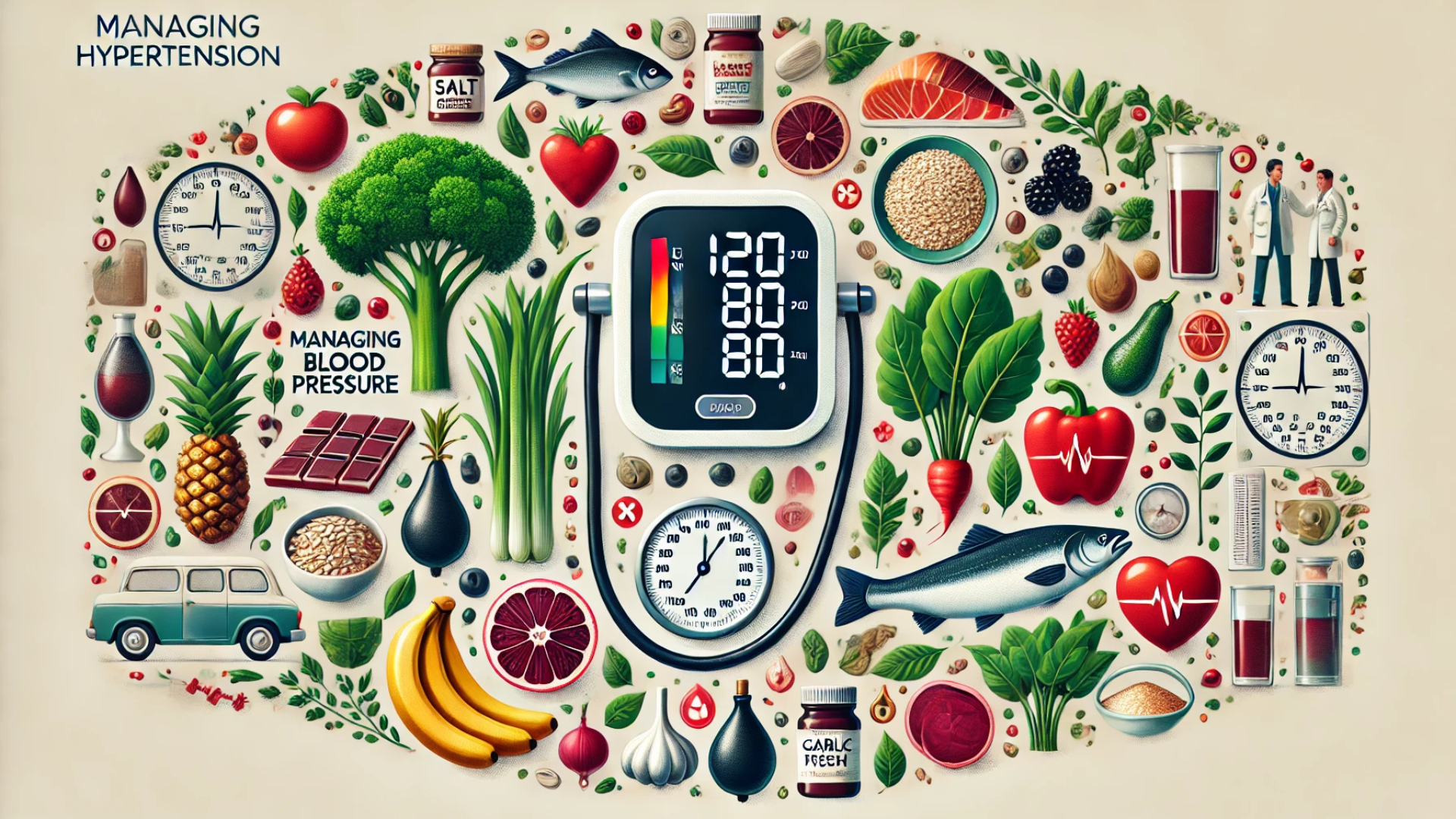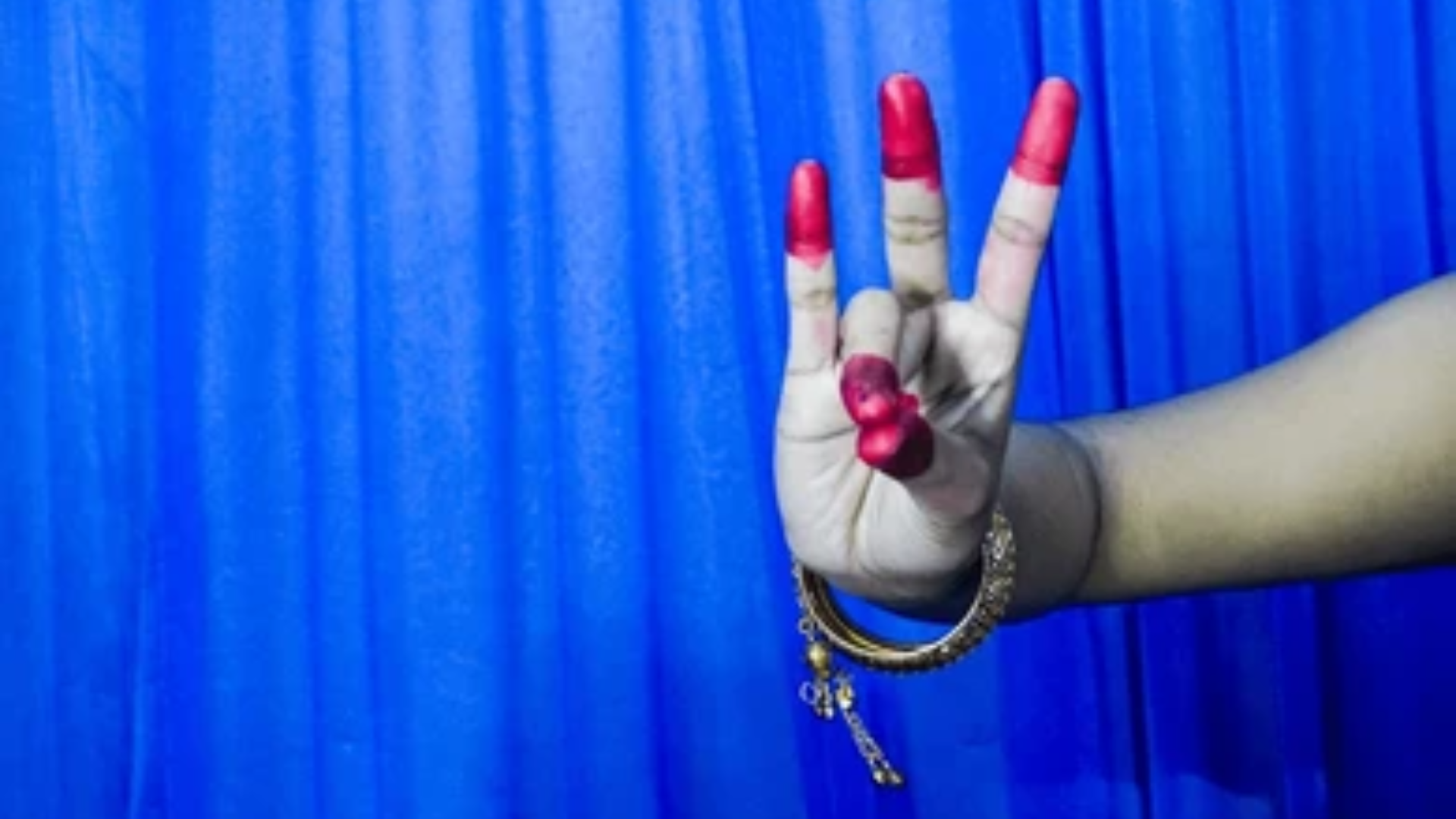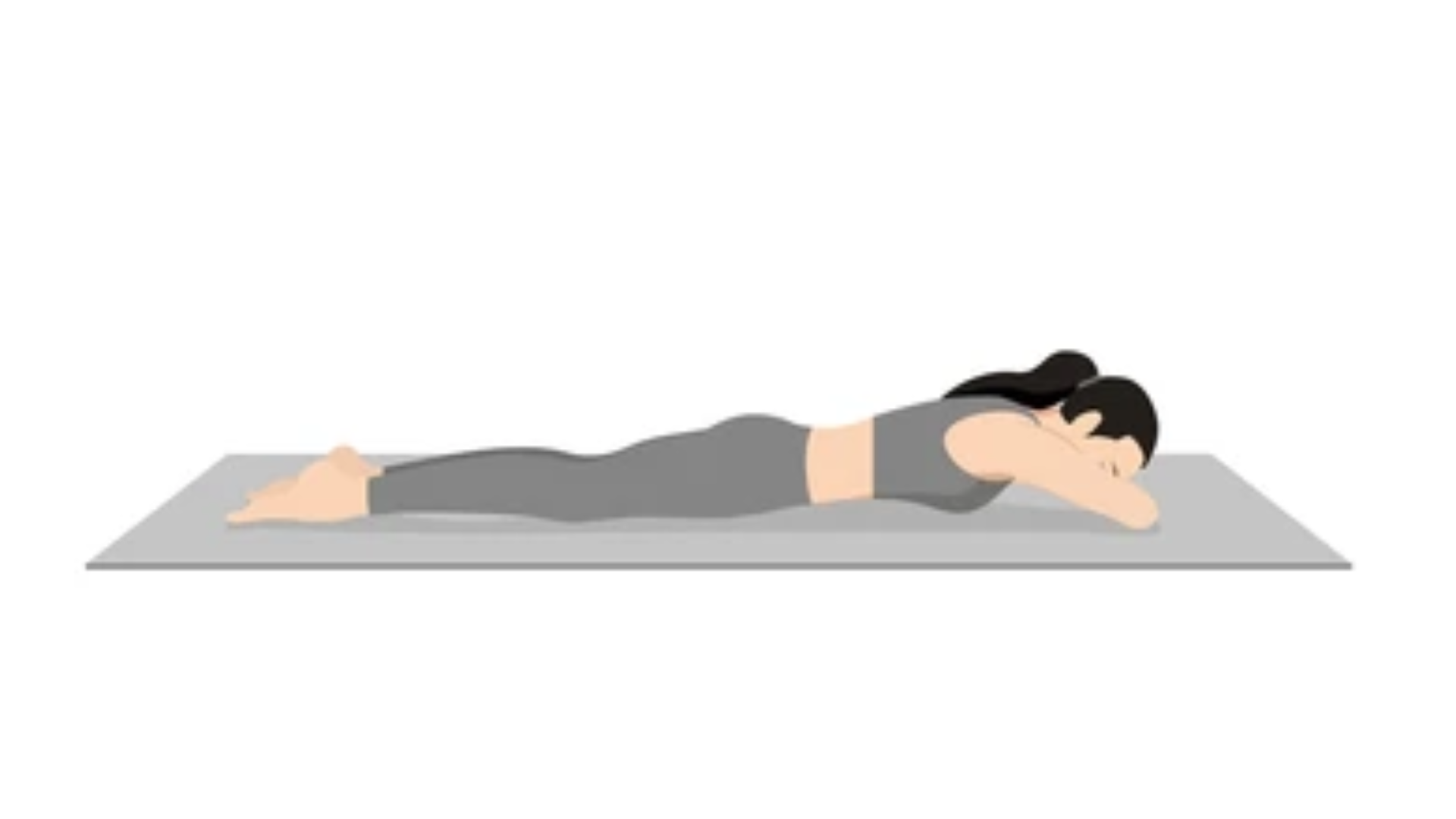
Hypertension, commonly known as high blood pressure, is a sneaky condition that can creep up on you without any noticeable symptoms. It’s often dubbed the “silent killer” because, if left untreated, it can lead to serious health complications like heart disease, stroke, and kidney failure. The good news? With the right lifestyle changes, including a balanced diet, you can manage and even lower your blood pressure. In this blog, we’ll explore what hypertension is, its causes, potential risks, and most importantly, the best foods to eat (and avoid) to keep your blood pressure in check.
What is Hypertension?
Hypertension occurs when the force of your blood against the walls of your arteries is consistently too high. Blood pressure is measured in millimeters of mercury (mmHg) and is recorded as two numbers: systolic (the pressure when your heart beats) over diastolic (the pressure when your heart is at rest). A normal reading is around 120/80 mmHg. If your readings consistently hover at or above 130/80 mmHg, you’re likely dealing with hypertension.
Causes of Hypertension
Hypertension can be caused by a variety of factors, often falling into two main categories: primary and secondary hypertension.
- Primary Hypertension: This type develops gradually over many years and doesn’t have a single identifiable cause. Factors like genetics, poor diet, lack of exercise, and aging all contribute.
- Secondary Hypertension: This type is caused by an underlying condition, such as kidney disease, hormonal disorders, or certain medications like birth control pills. Secondary hypertension often appears suddenly and can cause higher blood pressure than primary hypertension.
Risks Associated with Hypertension
If left untreated, hypertension can lead to several severe health complications:
- Heart Disease: High blood pressure forces your heart to work harder, which can lead to heart failure, coronary artery disease, or even a heart attack.
- Stroke: High blood pressure can cause blood vessels in the brain to burst or become blocked, leading to a stroke.
- Kidney Damage: Hypertension can damage the blood vessels in your kidneys, impairing their ability to filter waste from your blood.
- Vision Loss: High blood pressure can damage the blood vessels in your eyes, leading to vision problems or blindness.
- Aneurysm: Increased blood pressure can cause blood vessels to weaken and bulge, forming an aneurysm that can potentially rupture and lead to life-threatening internal bleeding.
Best Foods to Eat for Managing Hypertension
One of the most effective ways to manage high blood pressure is by making smart dietary choices. Here’s a list of foods that can help lower your blood pressure:
Leafy Greens
Spinach, kale, and other leafy greens are high in potassium, which helps your kidneys get rid of more sodium through your urine. This, in turn, lowers your blood pressure.
Berries
Berries, especially blueberries, are packed with flavonoids, which are natural compounds that can help lower blood pressure and reduce the risk of cardiovascular disease.
Oats
Starting your day with a bowl of oatmeal can do wonders for your blood pressure. Oats are rich in fiber and low in sodium, making them an ideal choice for hypertension management.
Bananas
Bananas are another excellent source of potassium. Adding them to your diet can help balance sodium levels in your body and maintain healthy blood pressure.
Garlic
Garlic is a powerhouse when it comes to heart health. It helps relax blood vessels by increasing nitric oxide production, which in turn can lower blood pressure.
Dark Chocolate
Yes, you read that right! Dark chocolate contains flavonoids that help dilate blood vessels and lower blood pressure. Just make sure to choose chocolate that’s at least 70% cocoa and enjoy it in moderation.
Beets
Beets are high in nitric oxide, which can help open up blood vessels and lower blood pressure. Drinking beet juice or adding beets to your salads can be beneficial.
Foods to Avoid
Just as some foods can help lower blood pressure, others can exacerbate it. Here are a few you should avoid or consume sparingly:
- Salt: Excessive sodium can cause your body to retain water, increasing blood pressure. Try to limit your salt intake by avoiding processed foods and not adding extra salt to your meals.
- Caffeine: Caffeine can cause a short-term spike in blood pressure. If you’re sensitive to caffeine, it’s wise to limit your coffee and soda intake.
- Alcohol: Drinking too much alcohol can raise your blood pressure. If you choose to drink, do so in moderation—one drink per day for women and two for men.
- Red Meat: Red meat can be high in saturated fat, which can increase cholesterol levels and blood pressure. Opt for lean cuts or plant-based protein sources instead.
- Sugary Foods and Drinks: Consuming too much sugar can lead to weight gain, which is a risk factor for high blood pressure. It’s best to cut back on sugary snacks and beverages.
Lifestyle Changes to Complement Your Diet
While diet is a crucial factor in managing hypertension, combining it with other healthy lifestyle choices will yield the best results:
- Exercise Regularly: Aim for at least 30 minutes of moderate exercise most days of the week. Activities like walking, swimming, or cycling can help lower your blood pressure.
- Maintain a Healthy Weight: Losing even a small amount of weight can have a significant impact on your blood pressure.
- Quit Smoking: Smoking damages your blood vessels and raises your blood pressure. Quitting smoking will improve your overall heart health.
- Manage Stress: Chronic stress can contribute to high blood pressure. Practice relaxation techniques like deep breathing, meditation, or yoga to keep your stress levels in check.
FAQs
Q: Can hypertension be cured?
A: While hypertension can’t be cured, it can be effectively managed through lifestyle changes and medication. With proper management, you can lead a healthy life.
Q: How often should I check my blood pressure?
A: If you have hypertension, it’s important to monitor your blood pressure regularly, either at home or at your doctor’s office. Your doctor can advise you on the frequency based on your individual condition.
Q: Are there any natural remedies for lowering blood pressure?
A: Besides a healthy diet, regular exercise, and stress management, some natural remedies like garlic supplements, hibiscus tea, and omega-3 fatty acids may help lower blood pressure. However, always consult with your doctor before trying new supplements or remedies.
Final Thoughts
Managing hypertension is a lifelong commitment, but with the right approach, you can keep your blood pressure under control and reduce the risk of serious health complications. Focus on a balanced diet rich in fruits, vegetables, whole grains, and lean proteins while avoiding excess salt, sugar, and unhealthy fats. Pair these dietary changes with regular exercise, stress management, and other healthy habits to give yourself the best chance at maintaining healthy blood pressure levels.

